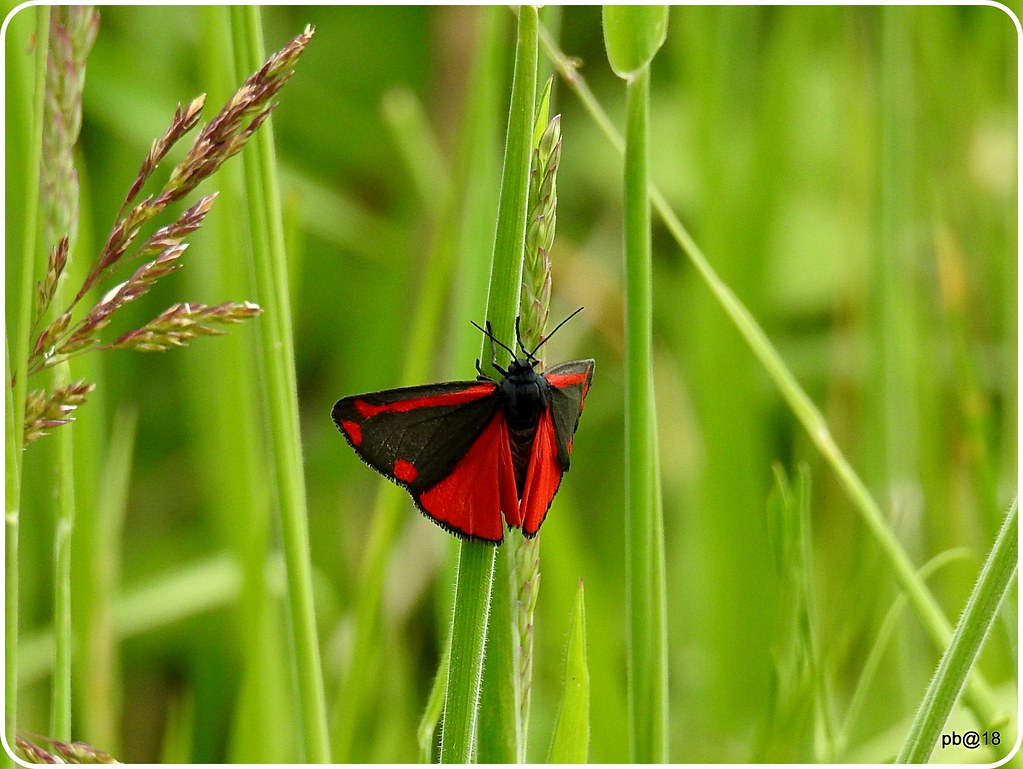I don’t fall so much these days. That’s partly because I’m aware of the likelihood of falling, so I take precautions: holding on to stair rails, stepping gingerly on gravel, delaying my descent at the bottom of a flight of steps in case there’s another eight-inch drop I haven’t seen. But it’s not just that. Inveigled into playing football with the grandsons, I might fall once to their multi-tumbles. When they fall, it’s part of a complete uninterrupted movement that ends with them upright again; when I fall, it’s almost permanent: I lie there examining blades of grass in close-up and wondering what happened to the time between the moment I began keeling over and the time I lay horizontally. I can ill afford to waste a second at my age. Maybe my brain was caught out by the suddenness of it all. Try as I might, I could not talk you through the aerial part of the event; it’s not even a blur; it cannot be recalled. There was not even a smidgen of pride to come before it, except that I was trailing just one goal in our kick-around and about to equalise.
A neighbour of mine fell the other week. Spectacularly. On the way to the refuse store with the usual clutch of bags containing different recyclables, over she went. By the time she’d recovered and struggled to the nearest front door, her face so much resembled a character from a Hammer horror film that the person who received her almost toppled over in fright, to be held by her husband. who himself could barely stand upright while taking her weight. Recycling was blamed. We’d all thought that the paved area where this domino tumble began was as flat as a griddle, though just as hard. No need, therefore, to copy Stevens senior in Kazuo Ishiguro’s book The Remains of the Day. Old Stevens, aware that he’s not the gentleman’s gentleman he once was, tripped while carrying a tray of glasses, and when recovered walked the same site with an empty tray in order to prove that the ground was at fault, not his advanced years. My neighbour has now recovered but tells the same story of going, forgetting, and lying prostrate. In her case there was a chink in the paving. We might be too old to be heading earthwards regularly but we are street savvy: ‘Sue!’ we advised, with one accord.
At early morning swimming (6.30am start), there was much talk of the wisdom of setting out for the pool early, when the rest of humanity was still asleep or coming to the end of a shift in some latter-day Satanic mill. One could fall and not be discovered for an hour or more. Our pool time is divided equally between swimming up and down in the ‘slow’ lane and congregating at the shallow end for philosophic exchange. Falling is one of our topics – unable to sleep, we early-starters are mostly of an age, buffeted by the swell from pre-work twenty-odds in the ‘fast’ lane.
Horace, one of our discoursing number, has a theory about the now rarely-encountered caterpillar of the cinnabar moth. It’s striped yellow and black and, when we were kids, was everywhere, especially in multitudes and clinging to each other on weeds, as if participating in some Lepidopteran orgy. Horace believes we don’t see them now because we never fall to their level. I suggest that, if he were right, the small red-and-black moths would be everywhere, which they are not. Horace ponders this but says nothing, launching himself instead into the speedy swimmers’ waves and heading for the deep end, as of a man trying to enter the Guinness Book of Records for the slowest 25-metre breaststroke length ever. On his return, twelve minutes later, he finds us agreeing with his view and questioning the validity of science.
Edgar, who used to play rugby at top level but has only just learned to swim, said he missed falling. We found this hard to believe, since he must have done it thousands of times on the pitch and particularly as on four occasions it had resulted in broken bones. One of us opined that if Edgar had stayed upright more often he might have been ‘capped’; but, for our Socratic group, this infringed a tacit reluctance to personalise issues, and found Edgar and the rest of us staring at the water in silence, wondering when it was going to settle down.
Winter remains the paramount season for falling, being swiftly chased by Autumn in terms of our susceptibility. Sick of the sight of our coevals pussyfooting along an icy pavement like rakes nearing the entrance to a subterranean hell, we have invested in snow grips, a less dramatic but equally effective form of crampon (there was some discussion as to whether this was the singular of ‘crampons’). Edgar, being an inveterate athlete, has bought a pair of Nortec Trail Spikes, worn over his trainers. The rest of us have opted for something more compatible with sensible footwear. Horace said we could get them delivered the next day if we were Prime Members of Amazon. This sounded so masonically sinister, not to say incomprehensible, that we all set out for the other end of the pool without comment and wondering what Amazon was.
Nigel Jarrett is the winner of the Rhys Davies Prize and the Templar Shorts award. He’s the author of five books and is represented in the Library of Wales anthology of 20th- and 21st-century short stories.

